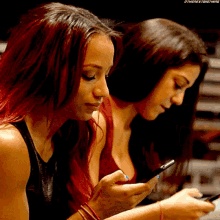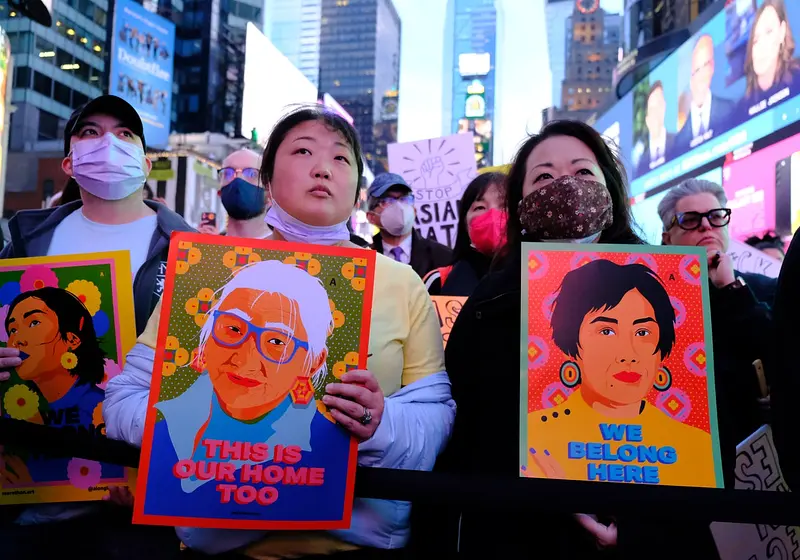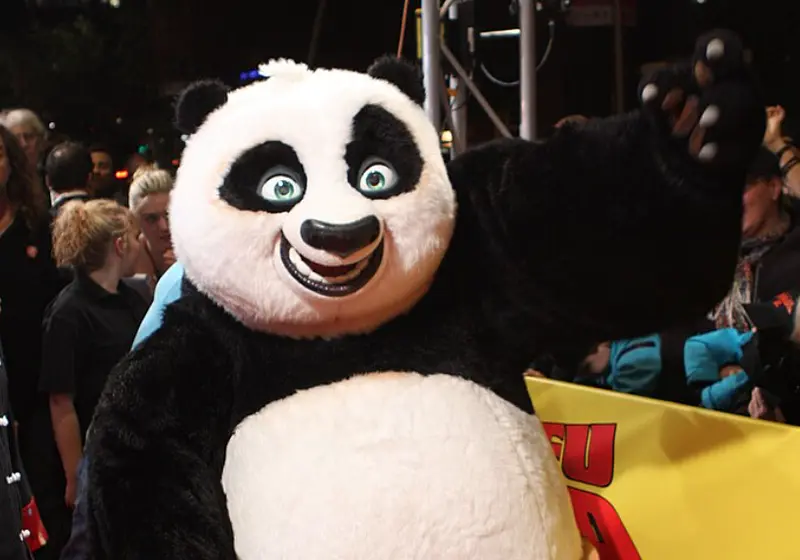Not one Chinese viewer ever thought that Mulan, one of China’s most anticipated films this year, would miserably flop in both the Chinese and Western markets.
Let us slide into your dms 🥰
Get notified of top trending articles like this one every week! (we won't spam you)Misrepresentation of Mulan & Chinese Culture
Compared to the western audience's backlash, the Chinese audience is more fuelled by Disney’s misrepresentation of Mulan and Chinese culture rather than the Hong Kong and Xinjiang issues, which are also significant and grave problems with the production team and the cast. Those are external problems, not ones that you can quickly fix.
However, when you make countless errors with the Chinese culture and background settings in the film, adjustable errors that only require some research, the fact that substantial action was not taken to ensure cultural accuracy is what angered the Chinese audience.
To the Chinese audience, Mulan is their one shot to showcase the beauty of Chinese cultures and values to a mass audience, which is vital for the little representation Asians get in the film and media industry.
Then I realized: although the cast is promoted proudly as all Asians, the production team is mostly white. Disney is willing to create an all Asian cast but relents to let Asians represent and lead the production of their own cultures behind the scenes.
When Mulan’s teaser first came out, the Fujian Tulou buildings first caught the Chinese audience’s attention, eventually trending 1st on Chinese social media for its unreasonable appearance in the Mulan film.
Where Hua Mulan is really from has been a debatable topic in the history field. Still, Mulan sure did not come from Fujian, a province next to the South China Sea, where the Fujian Tulou buildings only first appeared in the Song dynasty, which is hundreds of years away from Mulan’s time period.
Maybe it can be argued that Fujian Tulou buildings are famous Chinese architectures considered by the UN in 2008, but there are way more mistakes in this that make the Chinese audience uncomfortable. Here are just a few examples:
The three words on this sword meanings: loyal, brave, and true. However, in no context would these words be put together and used like this in ancient China because they are vernacular characters and not traditional phrases to be used together, as most phrases consist of four words instead of three.
Take the Quiz: Which Indian city is the perfect holiday spot for you!?
Let's match you with an Indian city that you would love!
A Strange Medieval European Character
Disney would eliminate both the western and eastern audience’s favorite character Mushu because they are scared that a small dragon would offend the Chinese audience but include a new witch character who becomes a phoenix in the film.
A female antagonist with a sad backstory has almost become a successful formula for all Disney Princess remake series. However, the inclusion of a “witch-like” character who was forced out of her hometown sounds more like a Medieval European witch hunt story than Chinese history, considering that witches and prophets are actual occupations in ancient China, and in no context would they be banished just for this identity.
Mixing Modern Woman Empowerment with Traditional Feudal Ancient China Society
Another mistake Disney made is mixing modern strong woman empowerment with the traditional feudal society of Ancient China. Sure, there is an awakening in the women in ancient China. However, feminist values cannot be presented in such an open and revealed way under the societal structure.
The ancient literature always portrayed feminist powers in mild forms. In no way can a woman blatantly say, “I’m different from you. I’m fighting for the emperor” at that time publicly. It’s like mixing oil with water; they cannot blend coherently.
From the movie Mulan, all I can see is many white producers trying to appeal to the Asian audience while miserably failing because of their inability to represent the authenticity, history, and values of thousands of years of Chinese history. This behaviour not only disrespects Chinese culture but shows the profoundly rooted arrogance of the Disney production team. They wanted Mulan's remake to be an authentic action movie instead of a comical children’s film, yet fails in every aspect.
Disney, next time you should think about letting BIPOC lead and direct BIPOC-related movies themselves rather than embarrassing yourself by allowing the majority-white production team to clown themselves again.













